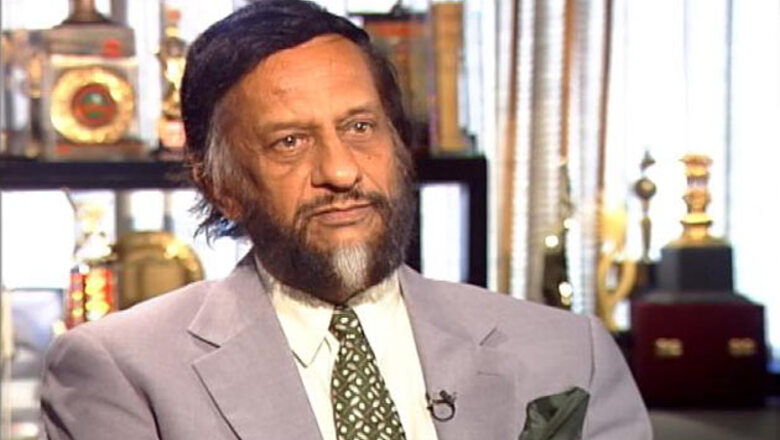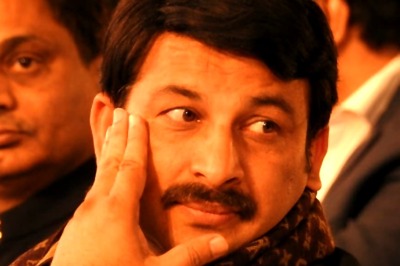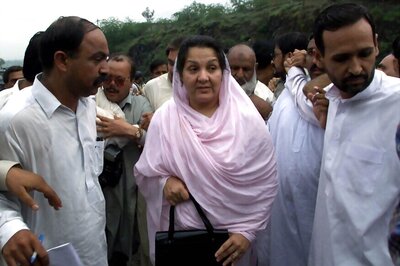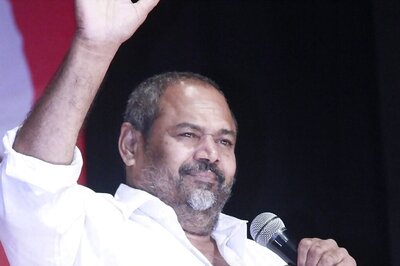
views
sees "significant progress" at the meet.
Cancun (Mexico): As the slow-moving talks on combating climate change enter their final stretch here, top UN scientist R K Pachauri has warned governments against delaying mitigation action, though he remained optimistic about "significant progress" at the ongoing meet.
"The outlook (of this climate meet) looks positive and I have reason to believe we will make significant progress at the end of this particular session," said Pachauri, head of the Inter-governmental Panel on Climate Change (IPCC), a UN scientific body.
He underlined that negotiators had to keep science at the forefront and warned that delaying climate action would keep ratcheting up the costs.
"It doesn't make economic or social sense to delay action," he said. "If we delay mitigation action, then to achieve the same results later will mean much higher costs."
Setting targets to mitigate carbon emissions, however,remains one of the most divisive issues of the talks and negotiators have already put aside any decision in this area for the next climate meeting in South Africa in 2011.
"Even if one doesn't arrive at an agreement for mitigation, as long as we are able to provide a framework by which the next steps can be taken with relative ease...would regard that as progress," Pachauri said.
"I wouldn't at all discount the possibility of some major breakthrough taking place as a result of which we get an agreement in some or most of these areas," he added.
Another criticism of the negotiations has been that present carbon reduction obligations being discussed are not based on the science of climate change, which needs steeper and quicker cuts of greenhouse gases.
The UN, for instance, has said that carbon emissions must peak by 2015.
"We will keep highlighting this important fact," Pachauri said. "One certainly realises that negotiations are complex business."
Pachauri and the IPCC drew flak this year for errors in a 2007 report, which climate sceptics alleged was evidence that seriousness of climate change was being exaggerated by scientists.
"We have learnt a few things, there are things we could have done differently, we are open to being questioned," he said. "What we are really concerned about are people who may be trying to damage the IPCC, that is something we have to tackle in the best in the best possible way.
On whether the overall declining interest in the climate change problem was an issue of concern, Pachauri said: "In all these areas there are ups and downs and it's just a matter of time before the public realises what we're in for and I hope that leads to a resolve across the world to take the right kind of action."




















Comments
0 comment